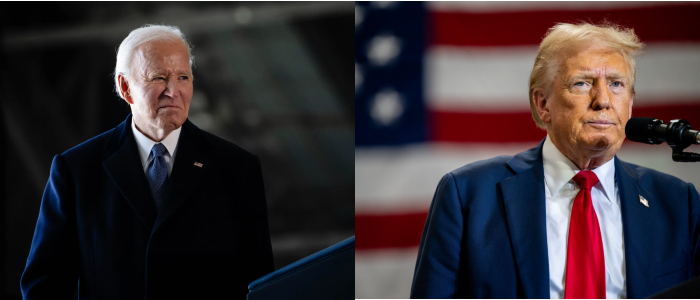He was the Pope who gave me hope — that, perhaps, one day, things could change and I could return home. I was born to Catholic parents, baptized in the Catholic Church, schooled in Catholic institutions. As a child, many questions plagued my mind — questions I dared not ask.
Everyone seemed satisfied with what they were told — about what was absolutely true and right. But even as a child, I recognized life wasn’t black and white. As an adult, I finally found the courage to raise questions but I was quickly vilified.

Every Catholic I knew accepted the doctrines of the Catholic Church without question. I felt foolish as a child, impertinent as an adult to even have the temerity to think otherwise. I suppose that’s how I lost my faith in the Catholic Church.
When dogma failed to answer my questions, when words failed to match actions, when I became witness to hypocrisy practiced on a daily basis, it was easy for me to lose respect for people, rituals, and institutions. They who quote the Gospel yet cheat on their spouses, employees and business partners. They who attend mass regularly yet steal, deceive, and lie.
They who lead double lives — saints inside houses of worship, demons outside of them. Hypocrisy was the well that poisoned religiosity for me. I had almost given up when a man named Jorge Mario Bergoglio became Pope.
He chose Francis as his papal name in honor of Francis of Assisi, the saint who gave up wealth for a life of poverty. From the start, Pope Francis was different. He surprised his fellow cardinals when, after his election, he declined the papal limousine and rode on the last shuttle bus with the cardinals back to their residences.
He was doctrinally aligned on the issues of abortion, divorce, homosexuality, and same-sex marriage with his predecessor, Pope Benedict, but Pope Francis showed a surprising level of compassion for those who thought and lived differently. He didn’t reject anyone. He welcomed the poor, the marginalized, the vilified.
He shone a light on injustices and inequalities. He condemned pride, arrogance, and hypocrisy. He valiantly fought for change in the face of opposition and hostility.
Pope Francis chose to lead an institution steeped in dogma, with an open mind. It was a revolutionary act — celebrated by some, opposed by many. Yet, beyond his heroic efforts to have every life seen, heard, and saved, what made the Pope truly remarkable was his humility — his admission of fallibility, fear, and frailty.
He constantly asked for prayers when he likely already had a seat at the Lord’s table. Pope Francis will not be remembered for departing from dogma or for changing Catholic doctrines because he did neither. But he will be remembered for the love, empathy and compassion he showed to those who chose to unfollow Catholic doctrines but still chose to follow God in their lives.
Pope Francis will be remembered for being the most radically loving, open, and compassionate human being the world has ever known. Whether or not his successor continues on the radical road he chose to journey on, what matters is that Pope Francis has opened this road for all of us to continue the journey. He warned us about the dangers of an attitude of rigidity, the urgent need for change and assured us that divine love defeats the human fear of leaving the “secure” and launching out in the “mystery.
” His message was clear. Embrace change with faith not fear. He was the pope who gave me hope.
He is gone but his legacy lives on. I have felt seen, heard and understood. I am finally home.
.
















